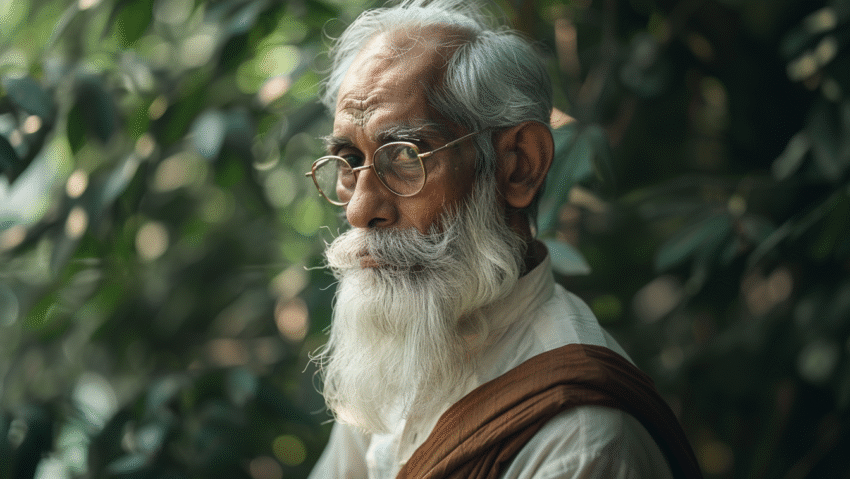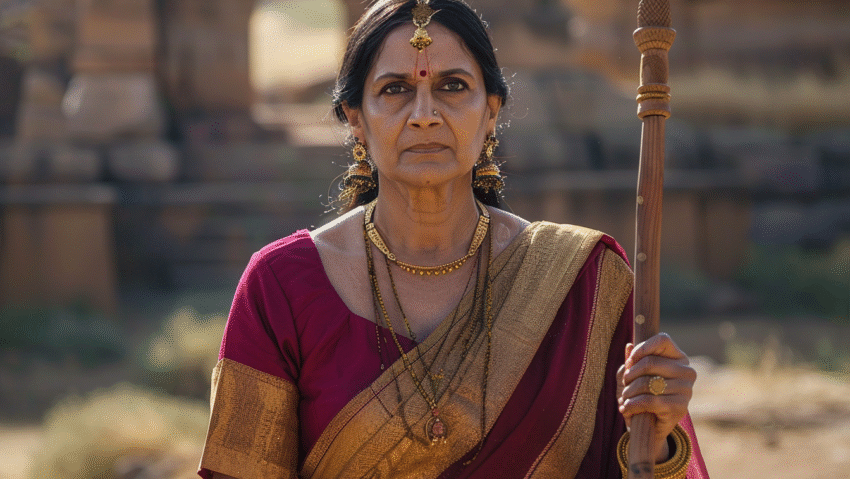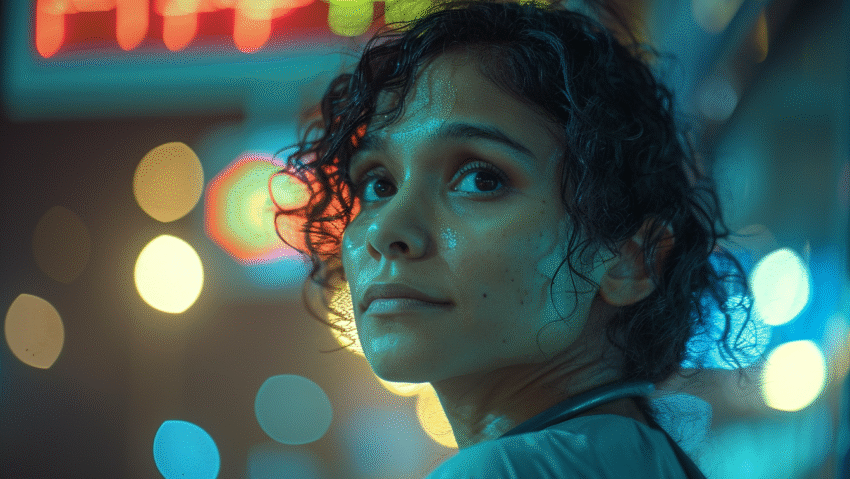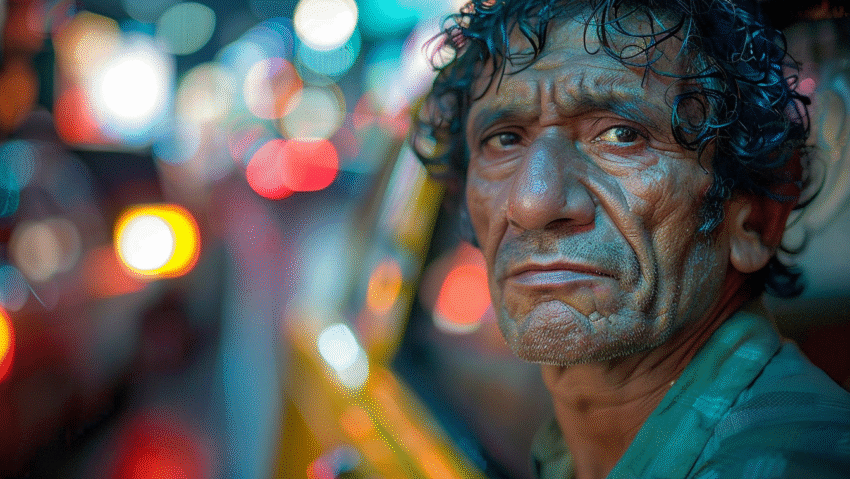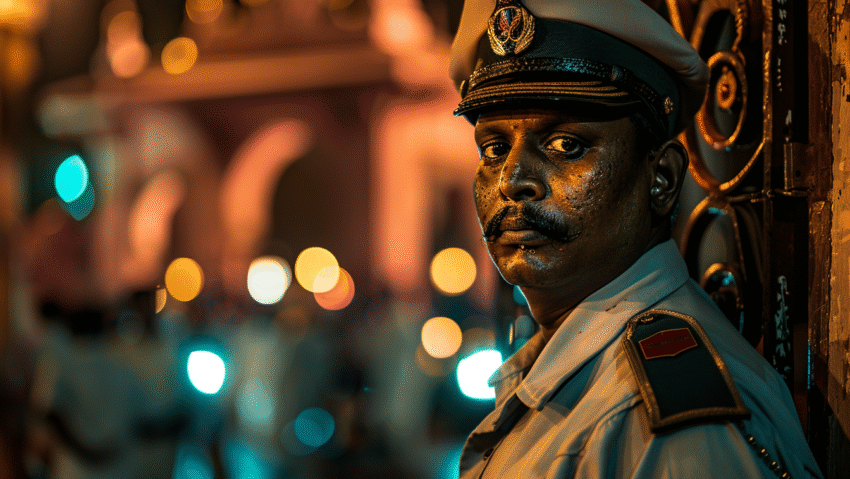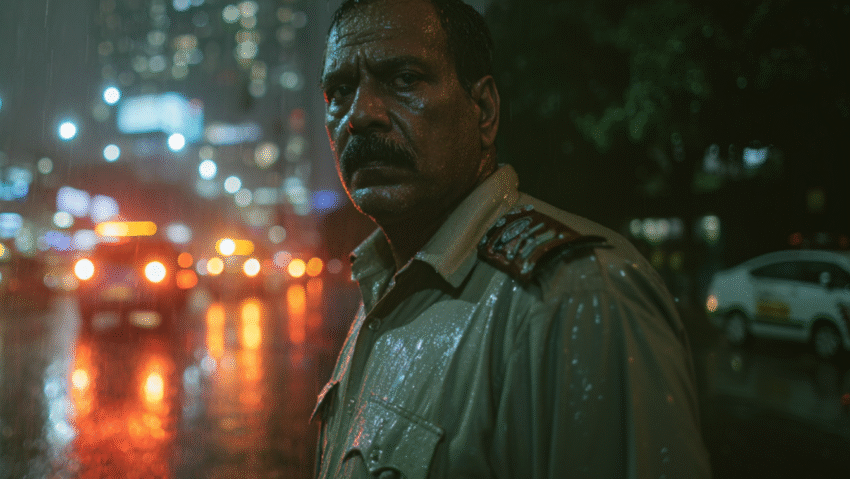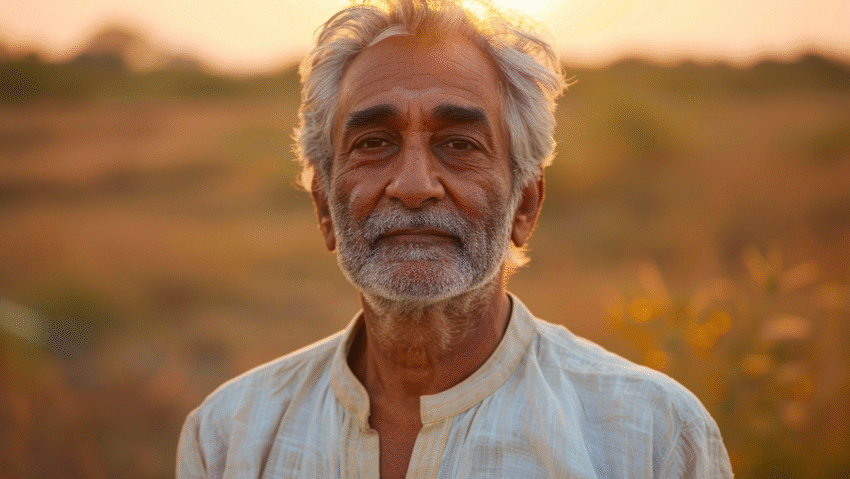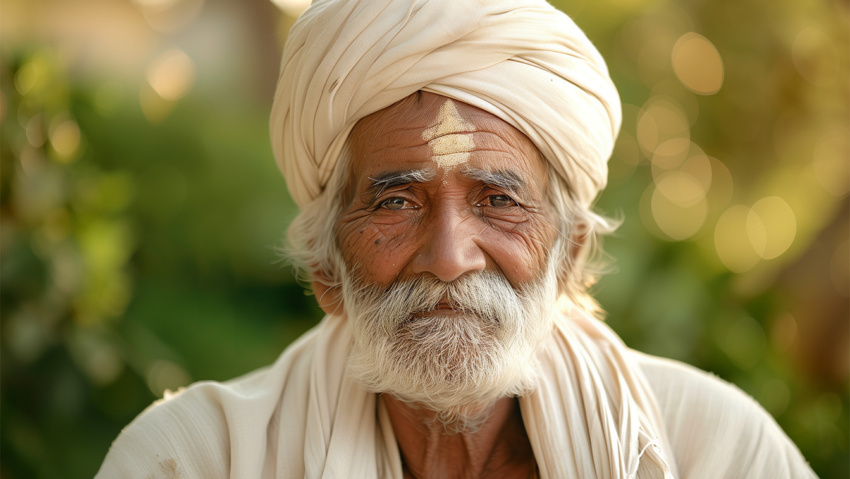Dr. Krishnamurthy has spent 40 years studying Tipu Sultan, and his eyes still light up like a child’s when he talks about the “innovation sultan.” In his cluttered study, surrounded by manuscripts and faded photographs, he guards stories most people will never hear.
